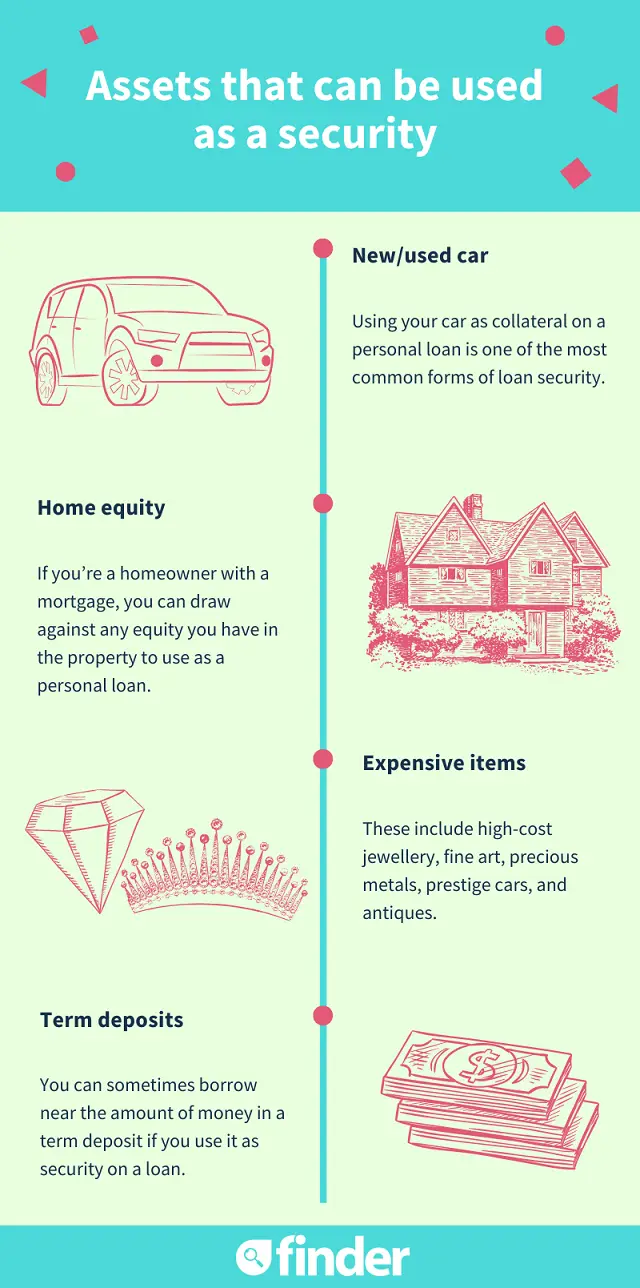Secured loans aren't just for borrowers who are ineligible for an unsecured loan. Even though you put an asset at risk, if you know you'll be able to make your repayments, you may opt for a secured loan for a lower interest rate.
Alanna Glenn
Lead Publisher, Money






